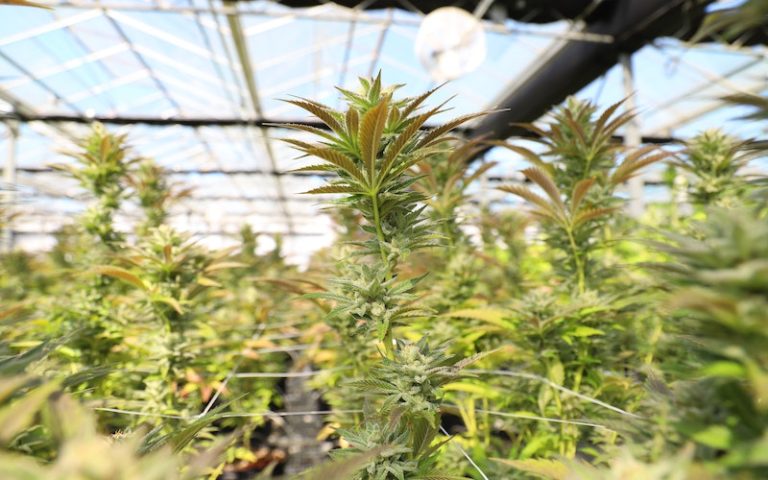
[ad_1]
If you are a cannabis patient or consumer, then chances are you have had to deal with people who pass judgment on you because of cannabis. The stigma surrounding the cannabis plant and those who use it is unfortunate and unfair.
More often than not people generally oppose cannabis use and cannabis policy modernization efforts due to a lack of knowledge, and in some cases, outright ignorance. However, there is one powerful tool that cannabis advocates have that can change people from opponents to supporters – the truth.
The hard facts and science regarding the cannabis plant and cannabis use are heavily in favor of cannabis advocates, and often it’s just a matter of opponents being effectively educated about what researchers have determined via clinical trials, studies, and other academic investigations.
That principle is at the heart of the findings of a new study that was recently conducted by researchers in Mexico. A team of researchers affiliated with Autonomous University of Sinaloa, Culiacán, Mexico conducted a study “spanning the period from November 2022 to March 2023.”
“The objective of the present study is to ascertain the prevalence and perception of cannabis consumption in the Mexican state of Sinaloa, while also examining the impact of disseminating scientific facts about cannabis on attitudes and public perception.” the researchers stated.
“A total of 3162 adults residing in the primary cities of Sinaloa, namely Culiacán (n = 1133), Mazatlán (n = 1050), and Los Mochis (n = 979), were interviewed. The surveyors employed a random/convenience sampling technique.” the study listed regarding its methodology.
The survey participants included 1668 women and 1494 men, aged 18 to 76 years. Regarding educational backgrounds, “5.3% had no formal education, 32% completed elementary school, 40% held a high school diploma, 21% had a bachelor’s degree, and 1% had a postgraduate degree.”
Participants were provided factual information about cannabis if they opposed it, referred to as an “intervention” for the purposes of the study.
“Our analysis delved into examining attitudes towards cannabis both before and after the intervention, with a particular focus on the influence of education and age. By stratifying the data based on these factors, we aimed to explore how different educational backgrounds and age groups may respond to the intervention and whether any significant changes in attitudes were observed,” researchers stated.
“The results of our analysis demonstrated substantial differences in attitudes towards cannabis before and after the intervention, considering taking the participants’ educational levels and age categories. These differences were statistically significant, indicating that the intervention had a noticeable impact on shaping attitudes towards cannabis among different population segments,” researchers concluded.
[ad_2]
Source link